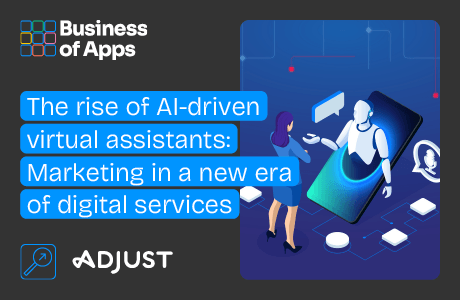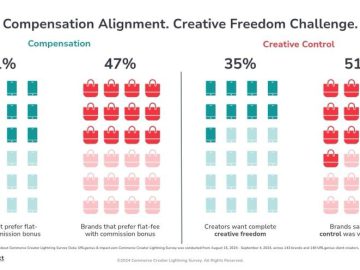At MWC earlier this year, Deutsche Telekom presented a visionary phone concept, embedded with an AI-driven virtual assistant to perform tasks on your phone. This assistant, while currently relying on applications for various functions, is designed to eventually bypass apps, directly working with the applications’ underlying databases.
While the abundance of available apps on the market is no bad thing, trawling through several apps for one goal (such as booking a trip that requires accommodation, flights, car rental, etc) can be a pain – until now. The AI assistant acts as a concierge, communicating with the databases of all the apps in question to deliver one answer/solution, ultimately making users’ lives easier.
This latest innovation – should it come to fruition in the near future – would signal a significant shift in app design and marketing, particularly for service-oriented apps in sectors like travel, finance, and utilities which face the threat of being circumvented entirely as users increasingly rely on AI assistants to perform tasks that were traditionally managed through app interfaces.
For engineers developing these service-based applications, the traditional objective of enhancing user engagement through app interfaces would become less relevant. Instead, the primary objective will shift to ensuring that AI systems can seamlessly access and interact with their databases.
This requires a robust backend infrastructure including APIs that are secure, efficient, and capable of handling complex requests from AI systems. In addition, it is likely that eventually, this new era of AI-driven assistants will make way for a re-evaluation of security protocols, as the direct access of databases by AI systems could raise new vulnerabilities that must be considered.
App marketers will also face a new set of challenges in the era of appless phones powered by AI-driven virtual assistants. Their traditional objective of driving app downloads and encouraging user interaction within the app would become less effective.
The rise of AI assistants means that the goalposts have moved: marketers now need to focus on ensuring that users are aware of and can instruct their AI assistants to pull on the databases and services behind these apps. For instance, instead of pushing for a user to download a travel booking app, the new objective might be to ensure that users ask their AI assistants to book a flight using the data and services provided by that app’s database.
This shift will also affect entertainment and gaming apps, but here, the challenge is convincing users to have their AI assistants install the app, and ensuring that the app offers a compelling user experience that justifies its continued use.
In this new era, channel diversification becomes key. The traditional mobile user app journey i.e. browsing, installing, and trying out apps, will be significantly impacted. Instead, users will rely more on voice commands, keywords, and interactions with AI assistants to find what they are after.
As a result, app businesses will have to consider their current approaches to user acquisition and engagement. Marketers will need to leverage a variety of channels to reach potential users, including social media, search engines optimised for AI queries, and content platforms that can demonstrate the value of their backend services and databases.
The rise of AI assistants will also lead to a change in search behaviours. Rather than typing queries into a search engine, users will increasingly ask their AI assistants to find information or put forward a recommendation. This will mean the power is in the AI assistant’s hands and will require a new kind of search engine optimisation that plays into how AI systems interpret and respond to user queries. Companies will need to invest in ensuring their services are easily discoverable by AI assistants.
Finally, advertising strategies will also need to evolve. Ads that drive users to download and try an app will pretty much become redundant, and instead will need to highlight the value proposition of the backend services accessible through AI assistants. These ads will need to clearly communicate the benefits of using the service, whether it’s convenience, speed, or a set of unique features that sets it apart from competitors.




